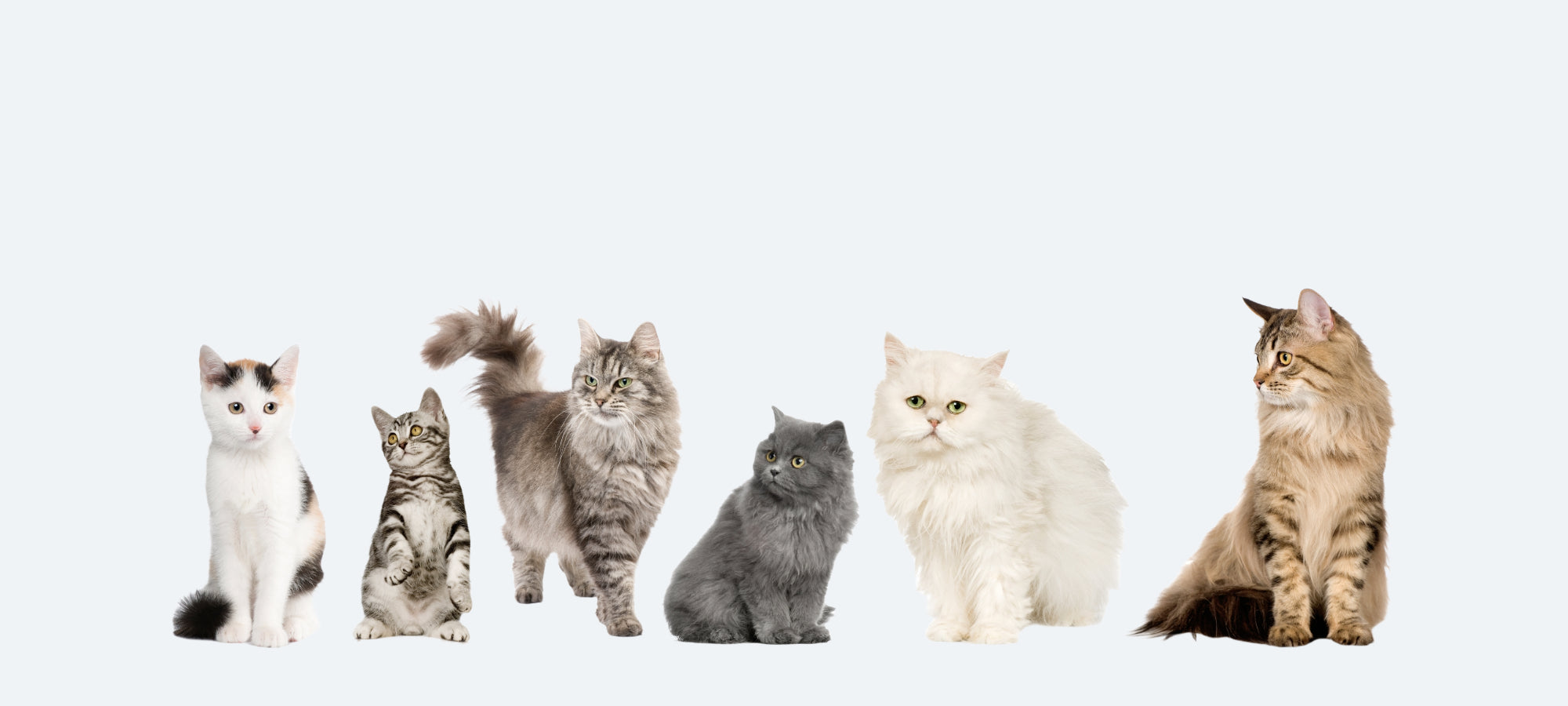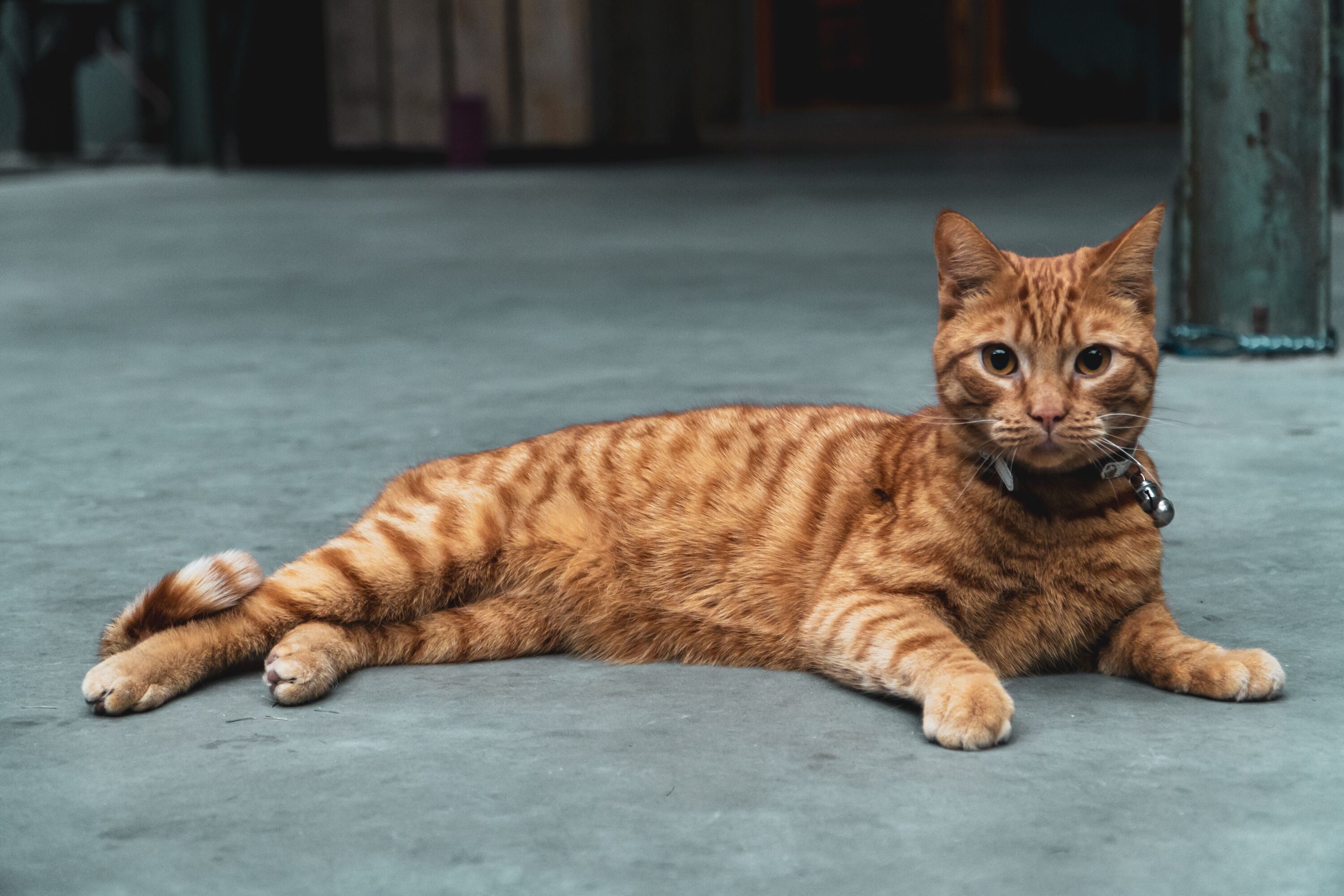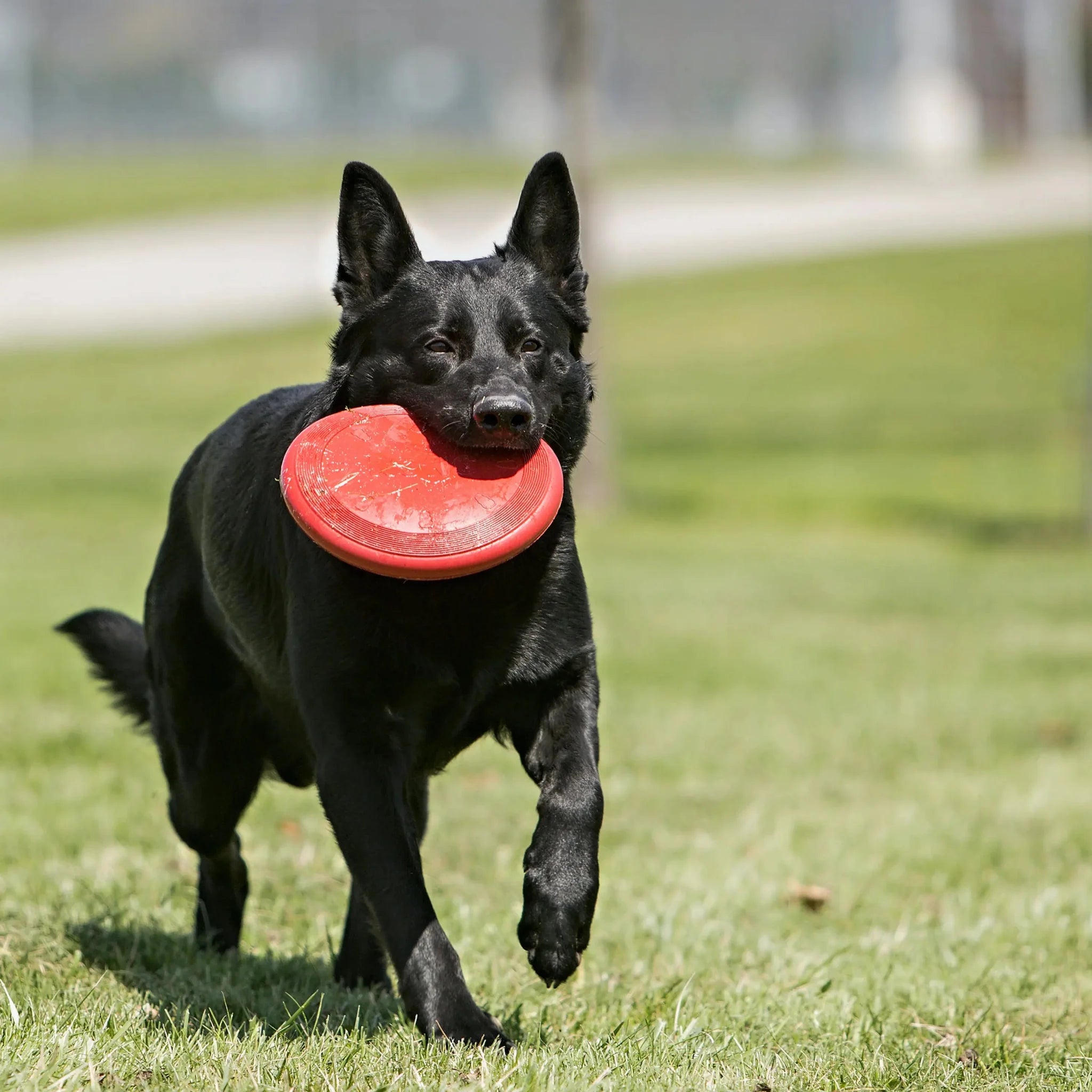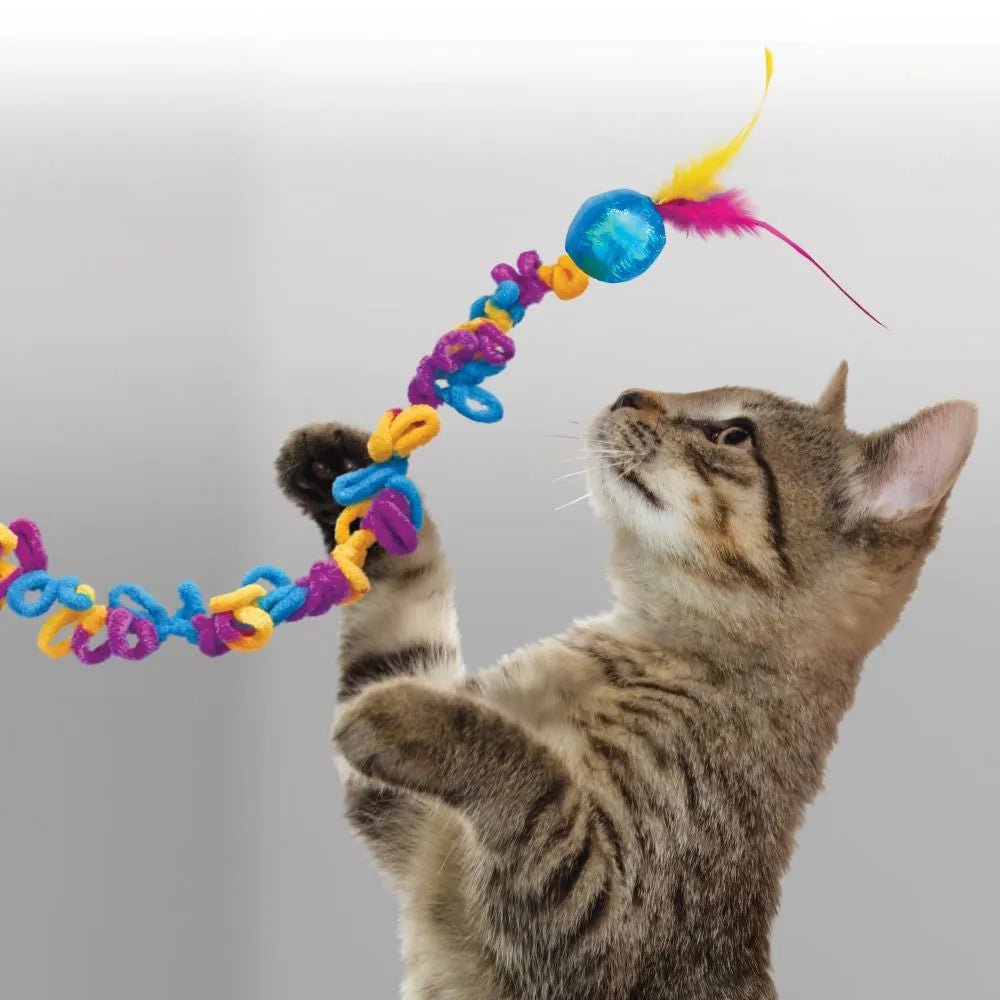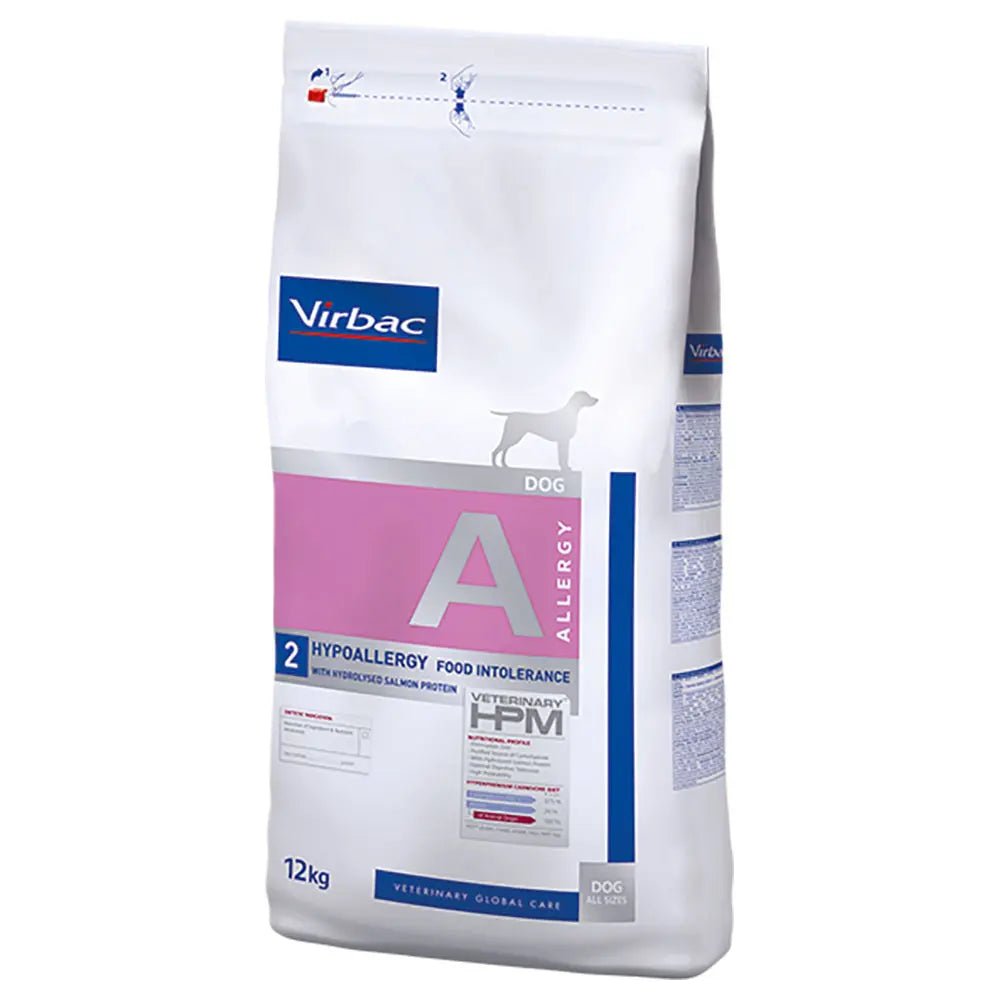The Savannah cat is a hybrid with the genes of the African wild cat, the serval. They are one of the newest cat breeds in the world and are known for being social, intelligent and very active. Are you wondering if a Savannah is the right breed for you? Read more about its personality characteristics, attention needs and health, as well as what you should think about in everyday life if you get a Savannah cat.
race facts

Child-friendly

Attention needs

Energy level

Talkativeness

Fur care

shedding
Facts about the breed
A savannah cat is a cross between a domestic cat and a serval, a medium-sized, wild cat found in Africa. The breed originated when a Bengal breeder from the United States crossed a male serval with a Siamese cat . The result was a beautiful female cat born in 1986 named Savannah. This inspired the breeding of more cats of this type. As the cat breed is relatively new and uncommon, a breed standard for the cat's personality traits and how predictable they are has not been fully established. Therefore, you should take the description of the Savannah cat with a pinch of salt.
Is the savannah cat legal in Norway?
Many people wonder if it is legal to own a savannah cat in Norway, as breeding involving wild animals is an ethically questionable practice. In Norway, it depends on how closely related the savannah cat is to the first cross of the serval. F1 (first generation), F2 (second generation), F3 (third generation) and F4 (fourth generation) are not legal in Norway, while F5 (fifth generation) and later generations of savannah are legal in Norway.
What can you expect as an owner of a savannah cat?
Personality
Personality
Savannah cats are known to be intelligent and very active. They are eager to learn, incredibly curious, playful and some Savannahs also enjoy having fun with water. Many Savannah owners would describe their personality as more dog-like than a typical house cat, as they can be taught to paw, fetch and walk in a nice cat harness . Savannah cats are not the most affectionate, but can be talkative and purr loudly. As a family cat, they are trusting with their owners, but may need some getting used to with children.
Energy and attention needs
Energy and attention needs
Savannahs are a very active breed and can jump incredibly high from a standing position. They get bored easily, like to follow you around the house and can demand a lot of attention from you. They are usually quite cuddly, but individual differences apply here of course. Many savannah cats are quite independent, but should not go outside unsupervised. This is because of their strong hunting instinct, which can affect the small game life in the area. Here it is important to keep the cat busy with variouscat toys that also provide brain training.
Health
Health
Size and appearance
The Savannah is an elongated, elegant cat, with legs of equal length. The long, erect ears give them the characteristic expression of a serval. The size of this cat breed can depend on how closely related the cat is to the first crosses, but there can also be large variations in size within the same litter due to random factors in hybrid genetics. The coat is usually spotted, but can also come in marbled patterns in black, silver, white and gray.
Weight
Males weigh approximately 5-8 kg, and are often slightly larger than females, weighing approximately 3.5-5 kg.
Lifespan
12 - 18 years
Hereditary diseases
Since Savannah cats are such a new breed, it is too early to say whether they have any breed-specific health problems. Vaccinating your cat as usual will protect against most serious feline diseases.
Fur care
Fur care
Savannah cats' fur is easy to care for and they don't shed much either.
Food and nutrition
Food and nutrition
When choosing cat food for a Savannah, you should choose a type of food that is appropriate for the cat's health, age, and lifestyle. Savannah cats from the fifth generation onwards do well on a quality food for regular house cats. As with all other cats, your four-legged friend should always have access to clean, fresh water.
If you want to become the owner of a savannah cat, you should make sure to find a reputable breeder. How much a kitten costs will vary, but you can expect a price of between 15,000 - 18,000 NOK for a savannah kitten.
Having purebred cats as pets has become very popular, but unfortunately this has resulted in many unscrupulous breeders who engage in unethical breeding for profit. Therefore, it is important for you as a buyer to get information about how the cat was bred so that you do not contribute to cats with hereditary and serious diseases being born. If a purebred cat is sold without a pedigree, you can never know whether the kitten has been stolen, or whether illegal trade has taken place. A serious breeder in an association follows strict requirements for animal welfare and health.
Good breeders will also demand something from you to ensure that the cat has a good life. Remember to check if the breeder is registered through the Norwegian Cat Breeders' Association (NRR) / FIFe / TICA and that the pedigree, health certificate (and possibly a purchase contract and vaccination card/veterinary passport) are included.
